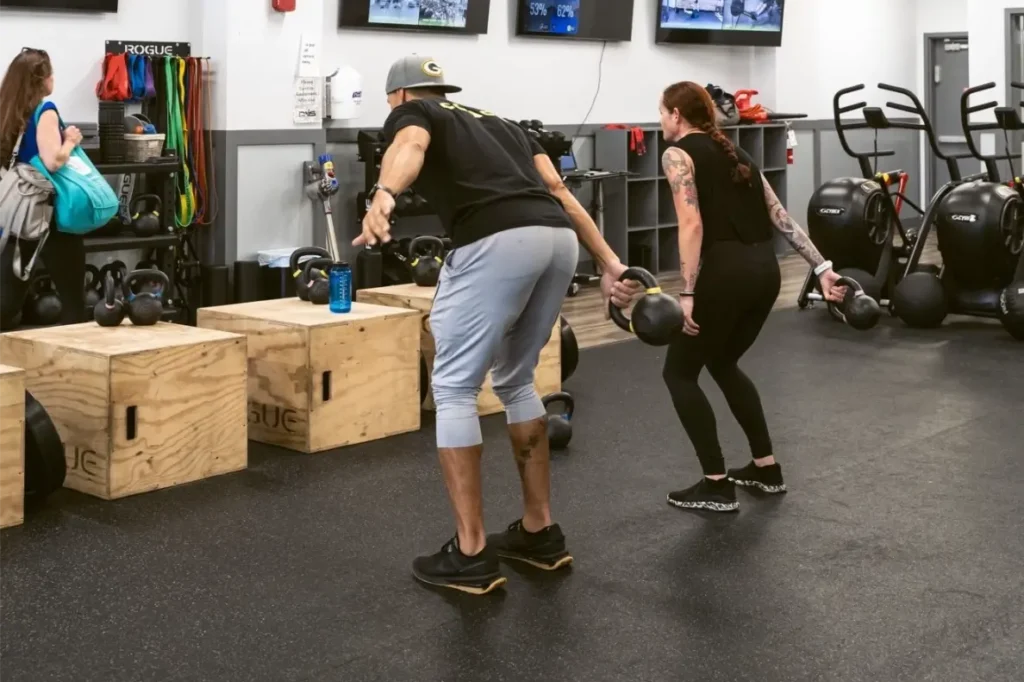In the world of fitness, there’s a common saying that goes, “You can’t out-exercise a bad diet.” This phrase highlights an essential truth: nutrition plays a pivotal role in achieving fitness goals, whether it’s weight loss, muscle gain, or improved athletic performance. But why is nutrition so crucial, and how can you integrate it effectively into your fitness journey? Let’s dive into the details.
Understanding nutrition and fitness
Navigating the complex world of nutrition and fitness can seem daunting at first, but understanding the basics of how they work together can significantly enhance your fitness journey. Let’s delve deeper into these critical areas.
The basics of nutrition
Nutrition is essentially about providing your body with the fuel and components it needs to thrive. It’s a delicate balance of receiving adequate energy through macronutrients and ensuring your body functions smoothly with the help of micronutrients. This balance is crucial not just for general health but also for optimizing your body’s response to fitness routines.
The role of nutrition in fitness
Your fitness regime demands more than just physical exertion; it requires nutritional support to ensure you’re performing at your best and recovering adequately between sessions. Proper nutrition can significantly affect your strength, stamina, and endurance, not to mention its role in preventing injuries and hastening recovery.
Eating the right balance of nutrients ensures that your muscles have the energy for endurance and strength training. It also helps in muscle repair and growth post-exercise, reduces fatigue, and limits the risk of injury and illness. In essence, your diet acts as the support system for your fitness goals, enabling you to achieve more with every workout.
Both Nutrition and recovery are important. Learn how Saunas can aid in recovery.
The building blocks of fitness nutrition
Understanding the role of each macronutrient can help tailor your diet to support your fitness goals better:
- Proteins: Essential for muscle repair and growth, proteins should be a staple in the diet of anyone looking to improve their fitness. High-quality sources include lean meats, fish, dairy, legumes, and plant-based alternatives.
- Carbohydrates: The primary fuel for your workouts, carbohydrates should not be feared but embraced, especially if your fitness routine is intense or lengthy. Whole grains, fruits, vegetables, and legumes are excellent sources that also provide fiber and essential nutrients.
- Fats: Essential for overall health, fats support cell growth, protect organs, and help absorb certain vitamins. Sources of healthy fats include avocados, nuts, seeds, and olive oil.
- Vitamins and minerals: Each vitamin and mineral has a specific role in the body, such as calcium for bone health and iron for oxygen transport. A varied diet rich in fruits, vegetables, lean proteins, and whole grains typically provides a comprehensive array of these nutrients.
- The importance of water: Hydration is crucial for every cell in your body. It helps regulate temperature, transport nutrients, and eliminate waste. During workouts, staying hydrated is even more critical as you lose water through sweat, which can impact performance and recovery if not replenished.
Nutrition for different fitness goals
Each fitness goal—whether it’s weight loss, muscle gain, or enhancing endurance—requires a nuanced approach to nutrition. Understanding how to adjust your diet to meet these objectives is crucial for success.
Weight loss
Creating a calorie deficit is fundamental for weight loss, but how you create that deficit matters. It’s essential to consume fewer calories than you burn while ensuring your diet is rich in nutrients to support your body’s needs. Prioritizing high-volume, low-calorie foods like vegetables and fruits can help you feel fuller longer, making it easier to stick to your calorie goals.
Muscle gain
To build muscle, your body needs more than just extra protein; it requires a calorie surplus. Consuming more calories than you burn provides your body with the necessary energy and building blocks to form new muscle tissue. High-quality proteins, such as lean meats, fish, dairy, and plant-based sources, are vital for muscle synthesis and repair. However, carbohydrates and fats are also essential, as they provide the energy needed for intense workouts and support overall health.
Endurance training
Endurance athletes have unique nutritional requirements due to the prolonged nature of their activities. A higher intake of carbohydrates is crucial for maintaining energy levels during long training sessions or events. Carbohydrates stored as glycogen in muscles serve as a vital energy source for endurance activities. However, proteins and fats should not be neglected.
Adequate protein intake supports recovery and repair, while healthy fats provide a concentrated energy source for long-duration exercises. Hydration and electrolyte balance are also paramount for endurance athletes to prevent dehydration and maintain performance.
Just as you personalize nutrition for your specific goals, you should personalize your workouts too.
Final thoughts
Nutrition is not just a part of your fitness journey; it’s the foundation. By understanding the role of nutrition in achieving your fitness goals and integrating these principles into your daily routine, you’ll be setting yourself up for success. Remember, we are all different, so it’s important to listen to your body and adjust your nutrition plan as needed. If you are looking to level up your fitness journey, claim your 3-day free pass at HiTone Fitness Fayetteville.







